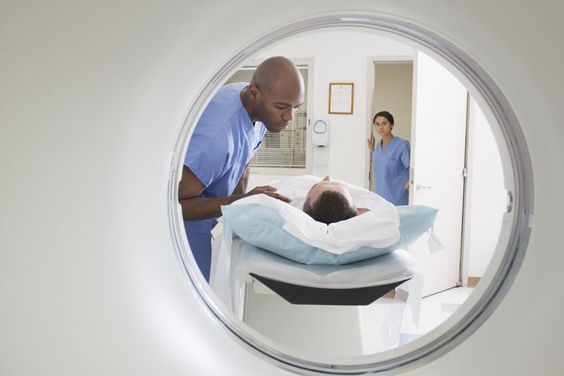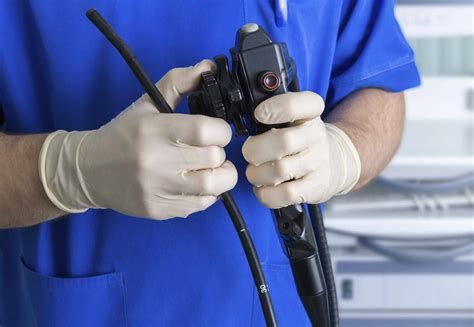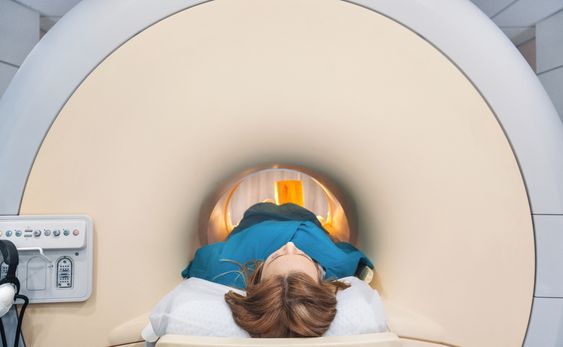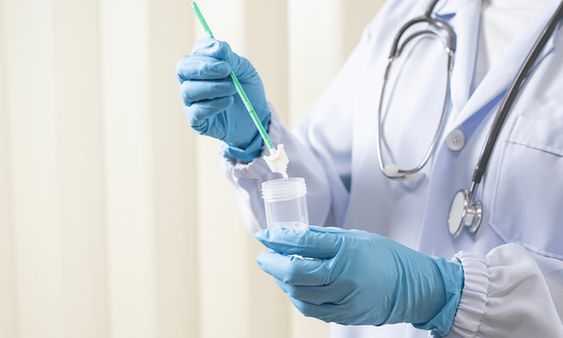Introduction
A computed tomography (CT) scan is an imaging test that uses X-rays to create detailed pictures of your body. Unlike a regular X-ray, which takes a single picture, a CT scanner takes many X-rays as it rotates around you. A computer then combines these images to create cross-sectional pictures of your organs, bones, and other tissues.

CT scans are a valuable tool for diagnosing a wide range of conditions. They can be used to assess injuries, diagnose diseases, and plan medical treatment. Your doctor may recommend a CT scan if you are experiencing certain symptoms, have suffered an injury, or need to monitor the effectiveness of a treatment plan.
What are CT Scans Used For?
CT scans have a wide range of applications. They can be used to:
- Diagnose injuries: CT scans can be used to diagnose injuries to the bones, organs, and soft tissues. For example, a CT scan can be used to diagnose a fracture, internal bleeding, or a torn ligament.
- Diagnose diseases: CT scans can be used to diagnose a variety of diseases, including cancer, heart disease, and stroke.
- Plan medical treatment: CT scans can be used to plan surgery, radiation therapy, and other medical treatments.
- Monitor the effectiveness of treatment: CT scans can be used to monitor the effectiveness of medical treatment, such as chemotherapy or radiation therapy.
When is a CT Scan Necessary?
Your doctor may recommend a CT scan if you are experiencing symptoms that could be caused by a serious medical condition, such as:
- Severe abdominal pain
- Chest pain
- Shortness of breath
- Head injury
- Bone pain
- Unexplained weight loss
How to Prepare for a CT Scan
Your doctor will provide you with specific instructions on how to prepare for your CT scan. Generally, you will need to avoid eating or drinking for a few hours before the scan. You may also be asked to remove jewelry and wear a hospital gown.
In some cases, you may be given a contrast dye to help improve the quality of the images. This dye is usually injected into a vein in your arm. It is important to tell your doctor if you have any allergies to contrast dyes.
Are There Any Risks?
CT scans are generally safe, but there are a few potential risks.
- Exposure to radiation: CT scans use X-rays, which are a form of radiation. The amount of radiation you are exposed to during a CT scan is small, but it is still important to be aware of the risks. Your doctor will only recommend a CT scan if the benefits of the scan outweigh the risks.
- Allergic reaction to contrast dye: Some people have an allergic reaction to the contrast dye that is sometimes used during a CT scan. If you have any allergies, be sure to tell your doctor before your scan.
If you have any questions or concerns about CT scans, be sure to talk to your doctor.





